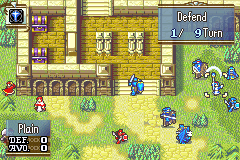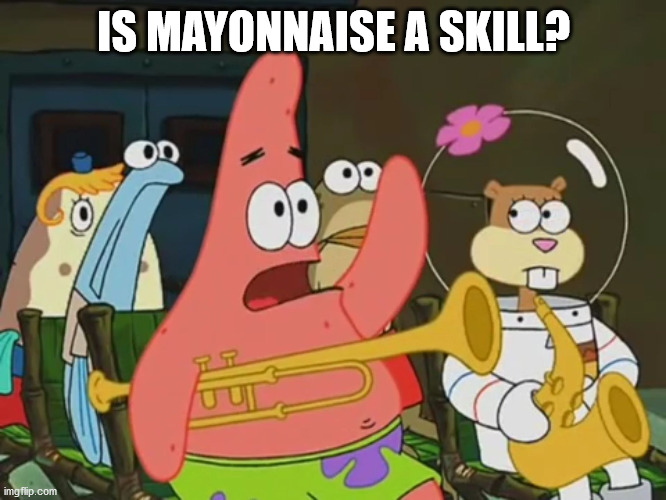Personally, I think the “too much information” argument for having skills is a little ridiculous in practice, at least with the scope of things that most people are doing with tools that people are using. We’ve conditioned ourselves to learn Sol, Aether, Luna, Pavise, Gamble, Vantage, Adept, etc. over time, so anyone can learn what the skills that will be used can do. Now, Skill bloat is a different side of that coin, as is how the skills function (RNG proc percentage is completely different than Lex Talionis’s charging skills, as those you just have to keep track of the timer for them to be relevant versus always having to be alert in case a skill randomly triggers).
In the scope of what’s presently “standard” for hacking/game creation, I do tend to think the basic Lex Talionis approach is probably the smoothest. Giving each class a skill or two and having the selectable Feats system to offset it is quite nice since you can plop those extra stat points into areas where your unit might be falling behind or just to customize them more towards your playstyle or even the headcanon lore you might have for the character. I always like the idea of Personal Skills (more on that in a bit), and that’s easy enough to do with LT. I’m presently planning a small-ish project that’s going to use LT and I’m aiming for 1 Personal Skill (player units and named enemies), 1 T1 Class Skill (Lv 1, includes Stealing, etc. type of “innate” properties), 1 T1 Assist Skill (Lv 3, Shove, etc. type of skills), 1 T2 Class Skill (Lv 2 Promoted), and 2 Feat selections (Lv 9 Base, Lv 4 Promoted).
I do think that items should add skills of varying degrees as well in their effects - more common stuff like a Fire-based magic attack adding Seal Def or switching the randomness of Killer weapons to convey the effect through a charge-based skill on one end of the spectrum, and things like a “legendary” weapon granting access to Resolve or Aether on the other - either way, I don’t see what’s wrong with having these on top of units having their own skills.
That said, were I designing something from scratch for a full project not using an existing engine, I think I’d look to Valkyria Chronicles to incorporate some ideas and blend it with a Path of Radiance / Awakening hybrid. Each unit would have a handful of Personal “Skills”, but usually things with weaker effects in the vein of VC’s Country Bred or Scout Killer, in order to give them some personality and “uniqueness”. Their “class” would carry any traits that it might need - Flight, Canto, something akin to Daunt or Colossus for large, imposing characters/class types, etc., and none of these would be removable.
Then, you tack on the regular Skill system (level-based learning, manuals, etc.) with PoR’s Capacity system and Awakening’s skill equipping. Skills are permanently learned but you aren’t forced to completely lose a skill if you get rid of it like in PoR - it just goes into your unequipped list. This way, an individual unit has flexibility like you might have in Radiant Dawn, but without the abusable nature of being able to pass skills around between characters like candy and it limits how many busted skills you can stack as equipped at the same time since they would all have Capacity values, unlike Awakening. (Kicking around the idea for more traditional skills to be allowed as part of a unit’s Personal “Skills” loadout so that they’re not counted towards the Capacity and are clearly in a spot where they can’t be unequipped, i.e. skills akin to say, Tormod having innate Celerity or Nephenee with Wrath, etc.)
It’s an era where data limits and video resolution aren’t really issues any longer and while too much information can be hard to retain, if you’ve got the information right in front of you and can easily pop up a full description of what something does at basically any time, I don’t necessarily see the problem with a more in-depth skill system, especially since this is a strategy series. (Yes, yes, Fire Emblem loves its simplicity and that’s great and all, but I’d like things that are a little more involved sometimes.)

